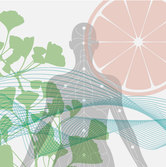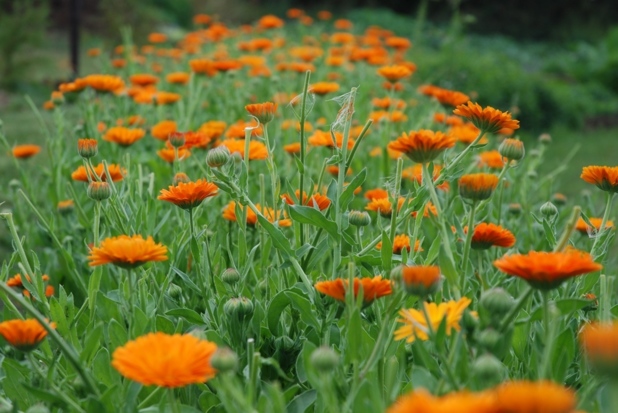


Herbal Medicine
Herbal
medicine is the oldest and most widespread medicine in the world and has stood
the test of time. There are some herbs which we know have been used effectively
for particular conditions for over 2000 years and modern science and herbal
practice is always finding new uses for medicinal plants.
Herbal practitioners today has the benefit of the wealth of experience of
our predecessors as well as evidence from huge amounts of scientific and
medical research. We also have access to herbs from all over the world and to
knowledge from other herbal traditions - particularly from the Chinese and
Indian Ayurvedic systems.
Herbal Medicine uses roots, leaves, bark and flowers of whole plants. These
plants contain active constituents that balance the organs as well as many
supportive nutrients such as vitamins, minerals, enzymes and trace elements
which are an essential and synergistic part of the treatment.
Though gentle on
the body, their actions can still be powerful, but with very few side effects.
Almost half of pharmaceutical drugs currently being produced were derived
through plants. However chemical compounds from the plants are then used in
isolation and often synthesised. Without the gentle and moderating effects of
the supportive nutrients mentioned above, these drugs can be harsh on the body
with many side effects. Herbalists aim to support the whole person and the root
imbalance, not just the symptoms.

Professional Membership
I am a member of the Unified Register of Herbal Practitioners which works to regulatory standards of the European Herbal and Traditional Practitioners Association.
FAQs
Is herbal medicine safe?

Both herbal medicine and naturopathy when practised by qualified
practitioners have an excellent safety record. There has been some
negative press particularly with Chinese herbs. The cases have been
either imported products that have been adulterated with drugs or the
use of toxic herbs that have been banned. There are unfortunately some
unscrupulous so-called herbalists, but any that are members of herbal
professional bodies will work to strict safety and quality standards.
What is the difference between Chinese and Western Herbalism?

In Traditional Chinese Medicine (TCM), the practitioner looks for imbalances in the body using pulse, tongue and other methods of diagnosis. The consultation is usually quite quick and often standard or patent formulas are used. In Western herbalism, most practitioners take a detailed full case history and then make up a formula using a variety of herbs - often including Chinese and Indian herbs as well as Western. I do a detailed consultation, but also use TCM methods to create a formula that address imbalances from both a Western and Chinese perspective.